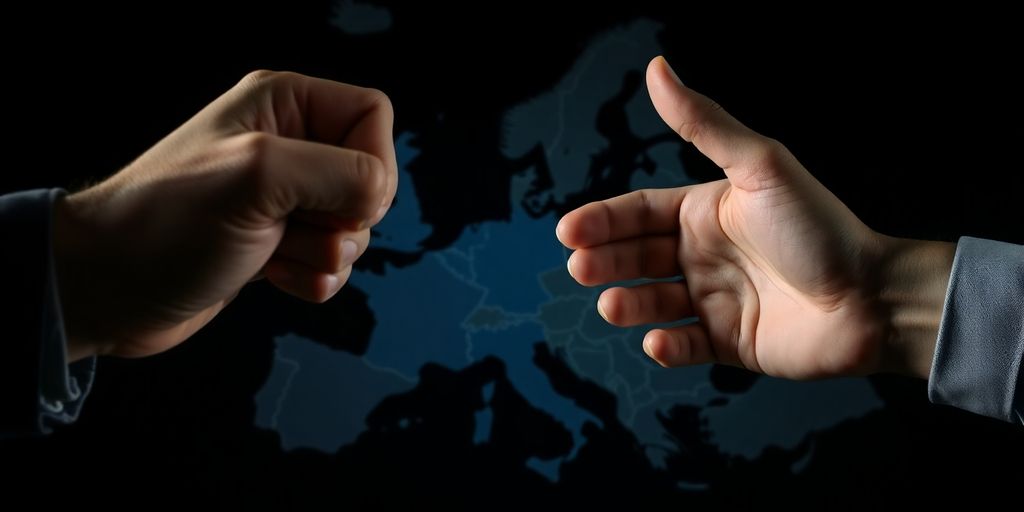Russia has accused Serbia of a "stab in the back" for allegedly supplying ammunition to Ukraine, a claim Serbia denies. This accusation from Moscow’s long-standing European ally highlights the delicate balancing act Serbia maintains between its historical ties with Russia and its aspirations for European Union membership. The alleged arms sales, reportedly routed through NATO intermediaries, have sparked a diplomatic row and prompted an investigation.
Russia’s Accusation
On Thursday, May 29, Russia’s Foreign Intelligence Service (SVR) issued a strong statement, accusing Serbian defense enterprises of continuing to supply ammunition to Kyiv, despite Belgrade’s declared neutrality. The SVR claimed these sales were conducted through a "simple scheme using fake end-user certificates and intermediary countries," primarily:
- Czech Republic
- Poland
- Bulgaria
Exotic options involving African states were also mentioned as part of this alleged scheme. The SVR asserted that the arms shipments had "one obvious purpose: to kill and maim Russian servicemen and civilians," and that Serbian defense industry workers and their patrons had forgotten "who their real friends are and who their enemies are."
Serbia’s Response and Investigation
Serbian President Aleksandar Vučić swiftly denied the accusations, stating that while a contract with the Czech Republic exists, it does not permit exporting materiel to other countries. He confirmed that he had discussed the issue of arms exports to Ukraine with Russian President Vladimir Putin recently, and that a "working group" would be formed to investigate how Serbian-made weapons might have reached Ukraine. Vučić emphasized that Serbia leads "autonomous and independent policies," which often leads to criticism from both East and West.
Key Takeaways
- Russia views alleged Serbian arms supplies to Ukraine as a betrayal, despite Serbia’s denials.
- Serbia maintains a complex foreign policy, balancing historical ties with Russia and ambitions for EU membership.
- The alleged arms sales reportedly involve intermediaries, including NATO member states and African nations.
- Serbian President Vučić has initiated a joint working group with Russia to investigate the claims.
- This is not the first time Serbia has faced such accusations, with previous reports suggesting significant ammunition exports to Ukraine via third parties.
Serbia’s Balancing Act
Serbia’s position is a delicate one. While it has condemned Russia’s invasion of Ukraine in the United Nations and expressed support for Ukraine’s territorial integrity, it has refused to join Western sanctions against Moscow. Serbia relies heavily on Russia for energy supplies, and its sole oil refinery is majority-owned by Gazprom. President Vučić has also maintained close personal ties with Russian leadership, including attending Russia’s Victory Day parade in Moscow on May 9, a decision that drew criticism from EU officials. This ongoing tension highlights the challenges Serbia faces in navigating its geopolitical landscape.
Sources
- Serbian President Aleksandar Vucic stresses support of Israel to ‘Post’, The Jerusalem Post.
- Russia accuses Serbia of arming Ukraine and ‘stabbing Moscow in the back’, Euronews.com.
- Russia Accuses Serbia of Betrayal, Kyiv Post.
- Serbia says it will investigate Russian accusations that it ships arms to Ukraine, Reuters.
- Russia accuses Serbia of supplying shells and ammunition to Ukraine, AP News.






